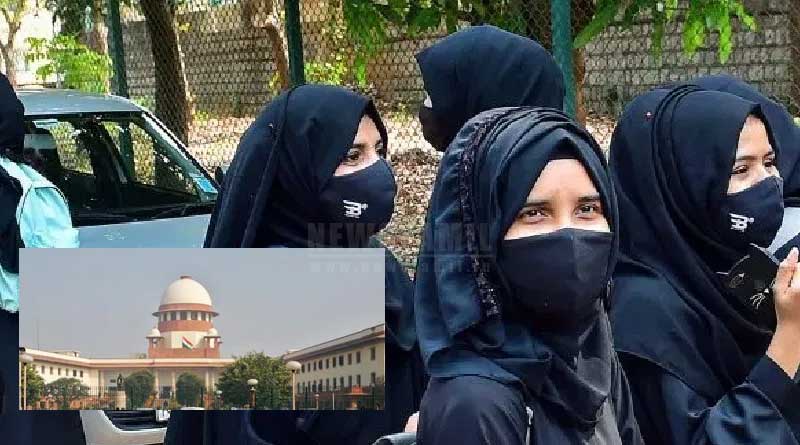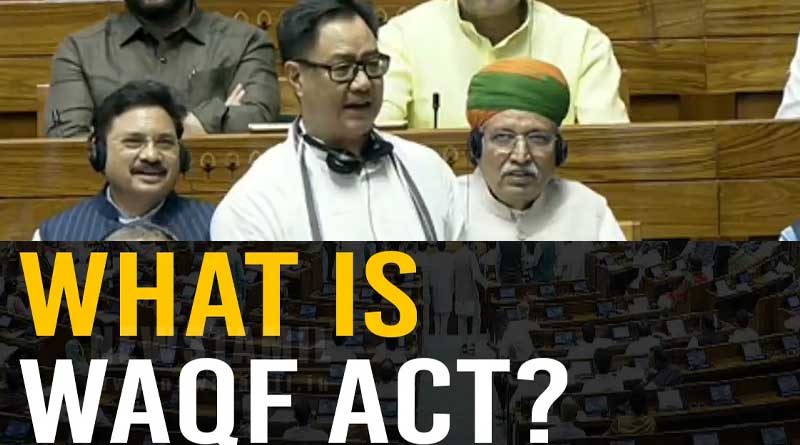Supreme Court questions logic behind hijab ban in Mumbai college, stays enforcement pending review.
On Friday, the Supreme Court partially stayed the hijab ban imposed by a private college in Mumbai, raising significant concerns about the rationale behind such restrictions. The apex court’s decision temporarily halts the enforcement of the ban, questioning the logic of the institution’s dress code policy.
The court directed Mumbai’s educational society to respond to the plea challenging the ban, emphasizing that the interim order should not be misused. The Supreme Court also allowed the college to return to court if the order is improperly applied.
This ruling comes in response to a June 26 decision by the Bombay High Court, which upheld the dress code policy of the Chembur Trombay Education Society’s N.G. Acharya and D.K. Marathe College. The High Court had asserted that such dress codes are vital for maintaining discipline and do not infringe on students’ fundamental rights. However, the Supreme Court’s intervention has called this reasoning into question.
The matter will be revisited on November 18, with the Supreme Court partially staying the circular that banned hijabs, burqas, caps, and badges within the campus. The court’s order stated, “We hope and trust this interim order is not misused by anybody.”
During the hearing, Justices P.V. Sanjay Kumar and Sanjiv Khanna questioned the college’s rationale, asking, “Will you ban girls wearing bindi or tilak?” This pointed query reflects the broader implications of such a ban on religious expressions.
The case stems from an August 9 judgment by the Bombay High Court, which upheld the hijab ban. The petitioners, represented by lawyer Abiha Zaidi, argued that the ban disproportionately affects minority community students.
The college defended the ban as necessary for discipline and to prevent students from disclosing their religion. However, the court criticized this stance, noting that religion can also be identified by names, questioning whether students would be reduced to mere numbers.
This decision recalls the 2022 hijab controversy in Karnataka, where the Supreme Court issued conflicting orders on a similar ban. The ongoing debate underscores the complex intersection of religious freedom and institutional discipline in India’s educational landscape.




